The books of the year 2022
[Vikram Mandyam] / 2023-01-03
2022 has been a year of ups and downs for the world at large, and it has left me (and many others, I’d guess) with a looming sense of unpredictability. Through it all, reading has anchored me like nothing else.
I’ve been doing end-of-the-year book lists for 3 years now. You can read my previous lists here: 2021 , 2020 , 2019 .
Overall, I read 56 books this year , and here is a look at my favorite of the lot
A Short History of Nearly Everything by Bill Bryson
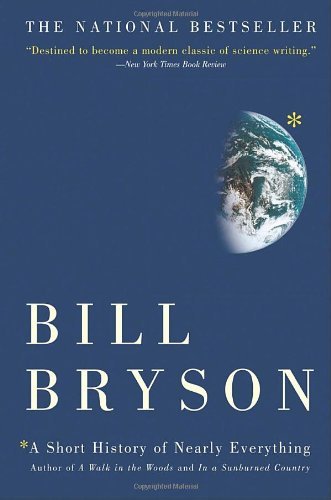
I have noticed this bestseller in innumerable stores, but this is the year I finally got around to reading it. “A Short History of Nearly Everything” is the quest of the author to understand everything that has happened from the Big Bang to the rise of civilization. At 544 pages, it is truly an encyclopedia. The title feels clickbaity, but the author backs it up, as he has done well to summarize the entire history of our planet, universe, science, etc. into this one volume. The thing that makes such books good is that the wonderment of the author is so powerful, it percolates into you. How I wish our school textbooks had been anywhere as good!
Developing the Leader Within You 2.0 by John C. Maxwell
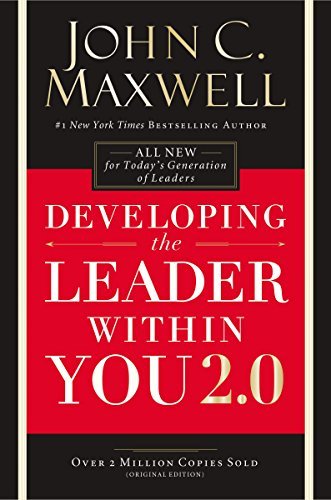
I listened to this book on audio and bookmarked almost all its lines. This book has many interesting ideas, chief among them being the five levels of leadership, the four dimensions of character, etc. What struck me as refreshing is that there are no unnecessary acronyms or examples.
The Five Levels Of Leadership
- Level 1: POSITION
- Level 2: PERMISSION
- Level 3: PRODUCTION
- Level 4: PEOPLE DEVELOPMENT
- Level 5: PINNACLE
‐ John C Maxwell
Maxwell writes about Level 5 leaders as those who transcend organizations, fields, countries, and even lifetimes/generations. For example, Nelson Mandela was a Level 5 leader in government. Martin Luther King Jr. was a Level 5 leader among social activists. Leonardo da Vinci was a Level 5 leader in the arts and engineering. Aristotle was a Level 5 leader in education and philosophy. This book can act as a ready-reckoner for all of us when we are called upon to lead. It’s so rich, you could pick any single chapter and read it as a stand-alone!
Designing Event-Driven Systems by Ben Stopford
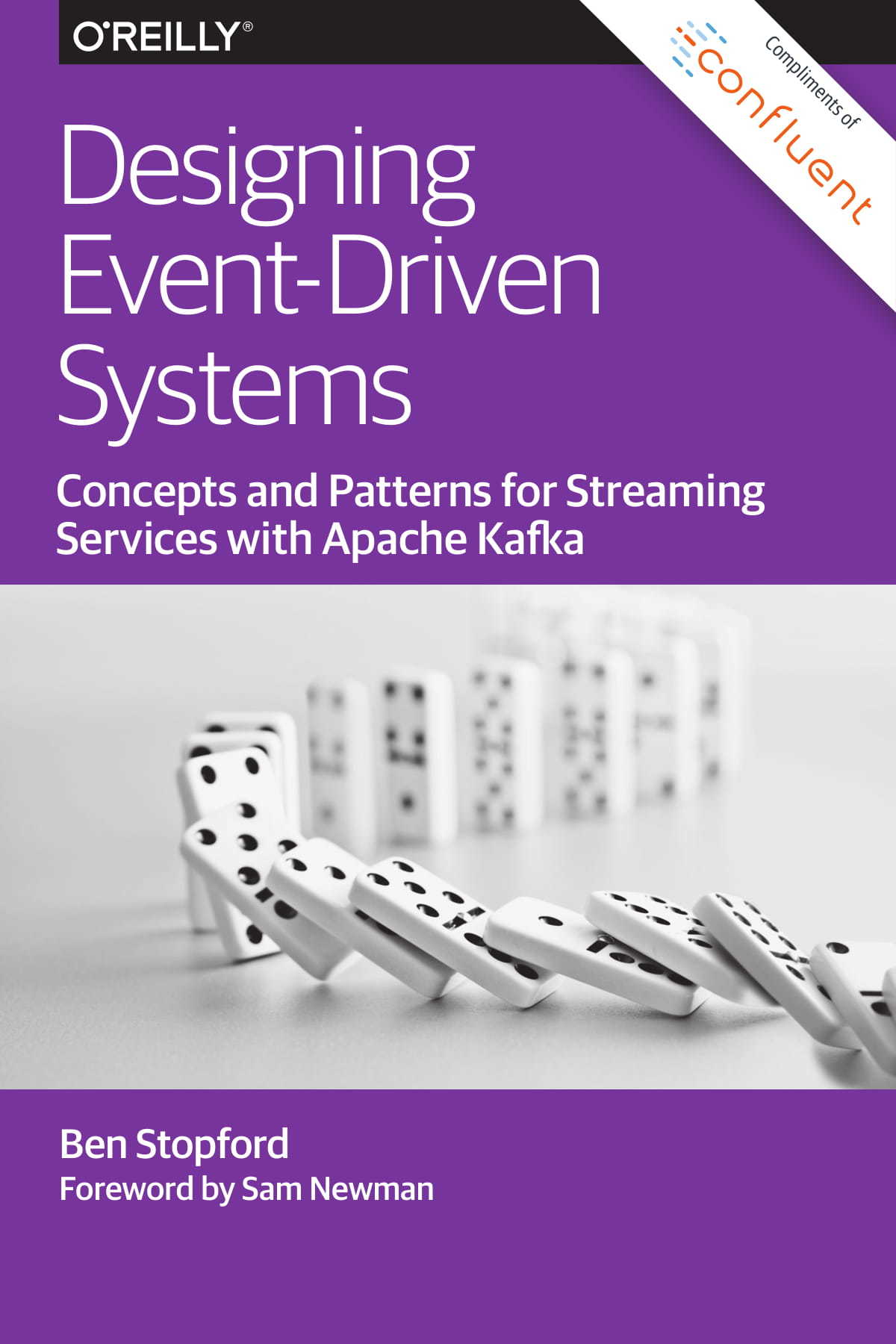
This book is about stream processing using Kafka. Even if you are interested in event-driven SOA-style architecture and not necessarily stream processing, this book is worth a read. It has a good overview of Kafka which helps in revising the concepts and can act as a ready-reckoner. It also has a good treatment of event-driven systems encouraging us to rethink the scale of architecture at a company level as it needs to deal with consistency, concurrency, and evolution. The patterns of streaming are good to know even for an SOA-style architecture because few of them will help in avoiding pitfalls of systems using events for collaboration. You will definitely learn about safety, recoverability, gotchas of Kafka, and event-driven approaches. Overall, a very good overview of designing event-driven systems, which also delves into explaining the differences and similarities between Event-Driven, Event-Sourced, Event-Stream, and Stateful-Event-Stream.
Messaging helps us build loosely coupled services because it moves pure data from a highly coupled place (the source) and puts it into a loosely coupled place (the subscriber).
‐ Ben Stopford
Modern Wisdom, Ancient Roots: The Movers and Shakers’ Guide to Unstoppable Success by Srikumar S. Rao
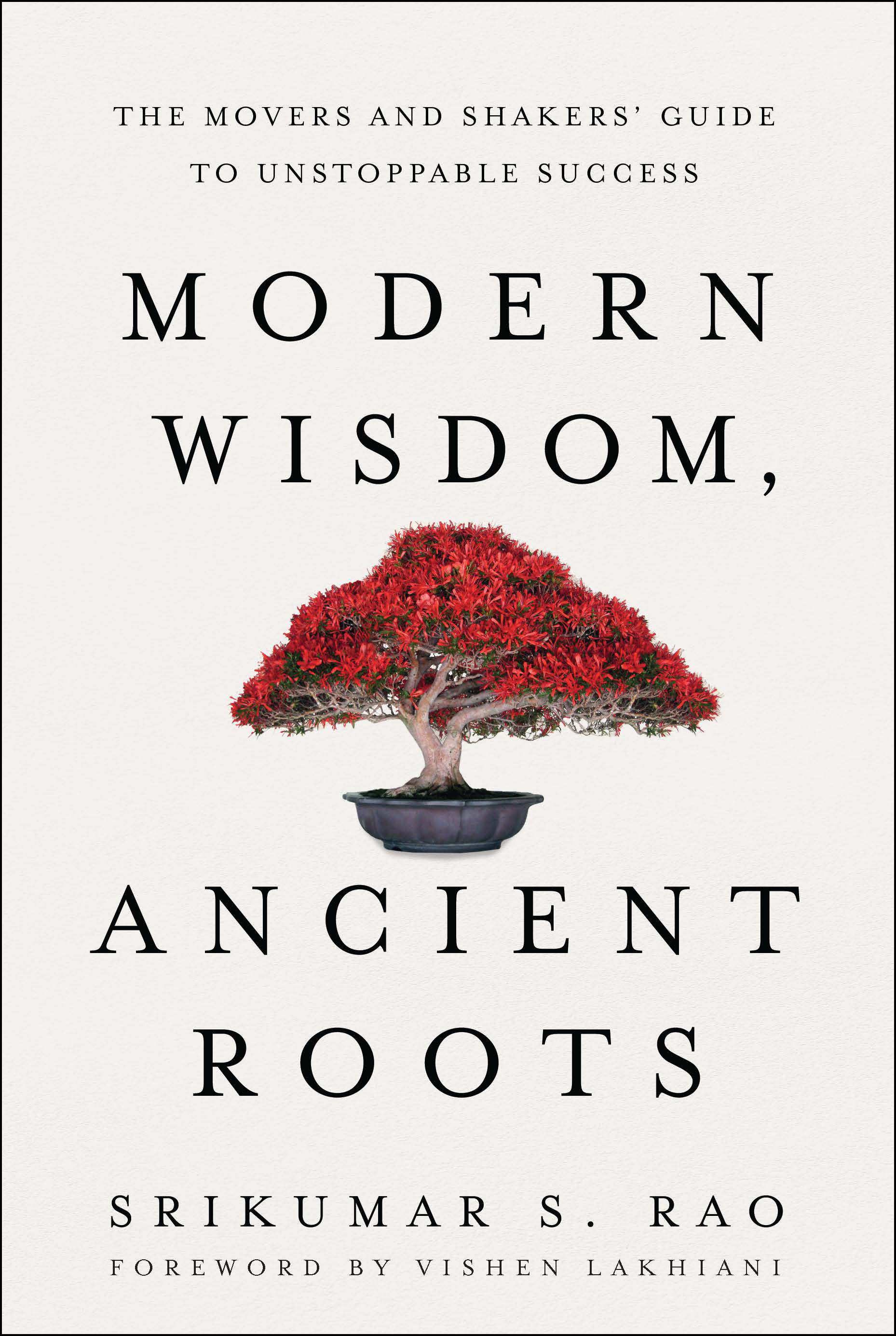
A book by Srikumar Rao inevitably makes it into my year-end lists every year. Like his earlier books, this one too distills eastern philosophy effectively into byte-sized digestible chapters. Often, success and tranquility do not come together. It is life’s greatest battle. This book helps you find that elusive balance.
Breath: The New Science of a Lost Art by James Nestor
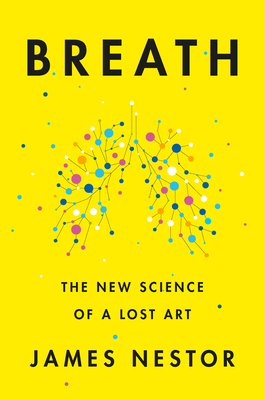
Using himself as a guinea pig, James Nestor goes deep into the world of breathing to uncover some startling discoveries. In this book, he nosedives (pun intended) into the history of breathing in various cultures. Providing examples from ancient Hindu and Tibetan cultures, he writes about the science of breathing and its impact on human health. The author explains how humans shifted from the natural state of nasal breathing to mouth breathing. The ill effects of chronic mouth breathing were eye-opening to me. The overall message of the book is that we need to breathe more slowly and through our noses, and exhale longer than we inhale. This technique is beneficial for our lungs and body, with many proven mental and physical benefits.
Breathing techniques are best suited to serve as preventative maintenance, a way to retain balance in the body so that milder problems don’t blossom into more serious health issues. Should we lose that balance from time to time, breathing can often bring it back.
‐ James Nestor
And… The best book I read in 2022
The Egg by Andy Weir
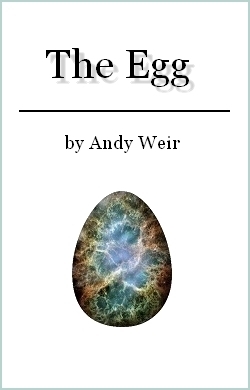
At 3 pages, this may not even qualify to be a book. But it was so awesome that I added it to my list as the best book of 2022. In fact, it may make my all-time list. Andy Weir, famously known for writing the book “Martian”, blows your mind away with a simple story about a nameless 48-year-old man who dies in an accident. Saying anything more will not be fair to anyone who wants to read this book. It is more than worth the few minutes it takes to read, and moreover it’s free. You can read it here .
In closing
I have fond memories of reading these books, and I hope something from this list leads to a serendipitous find for you! Wishing you a fun-filled new reading year!
“Many times the reading of a book has made the fortune of the reader, has decided his way of life.”
‐ Ralph Waldo Emerson